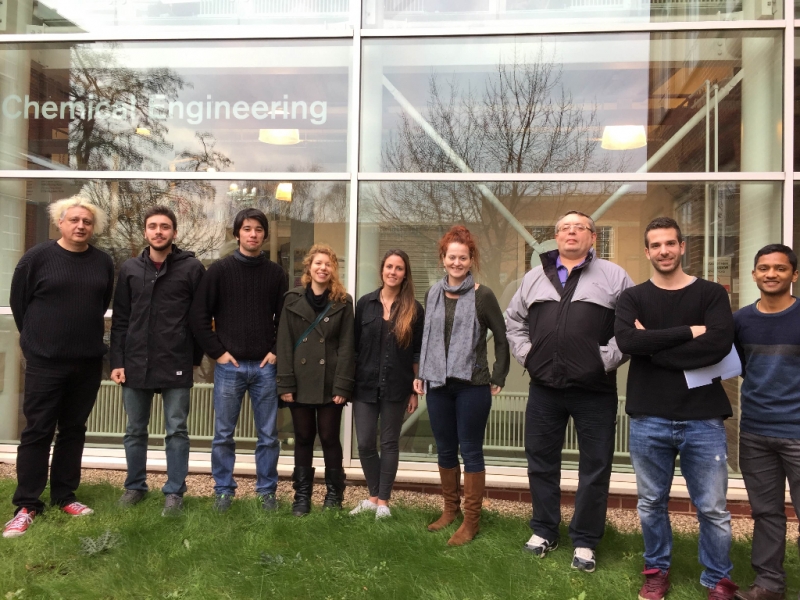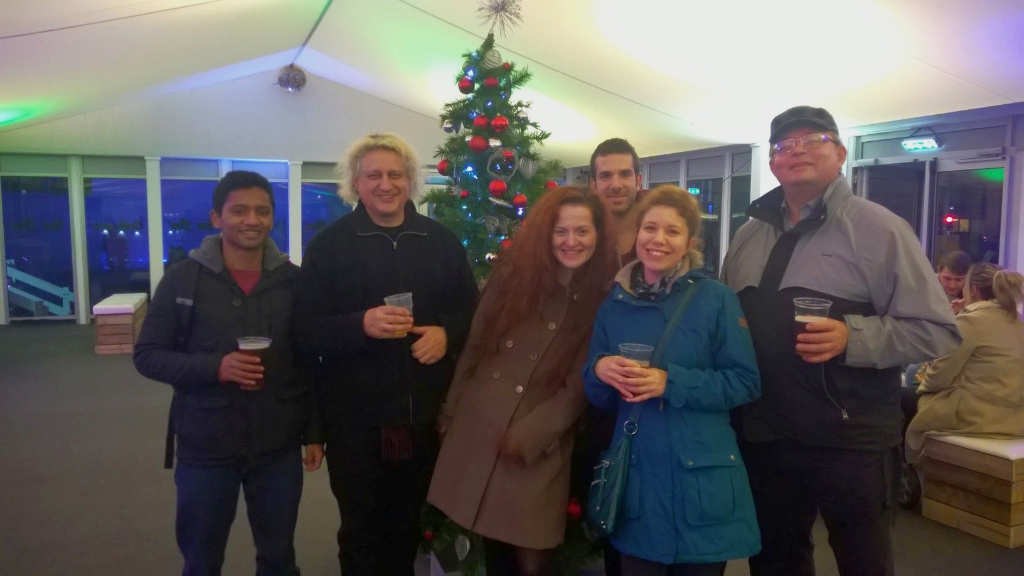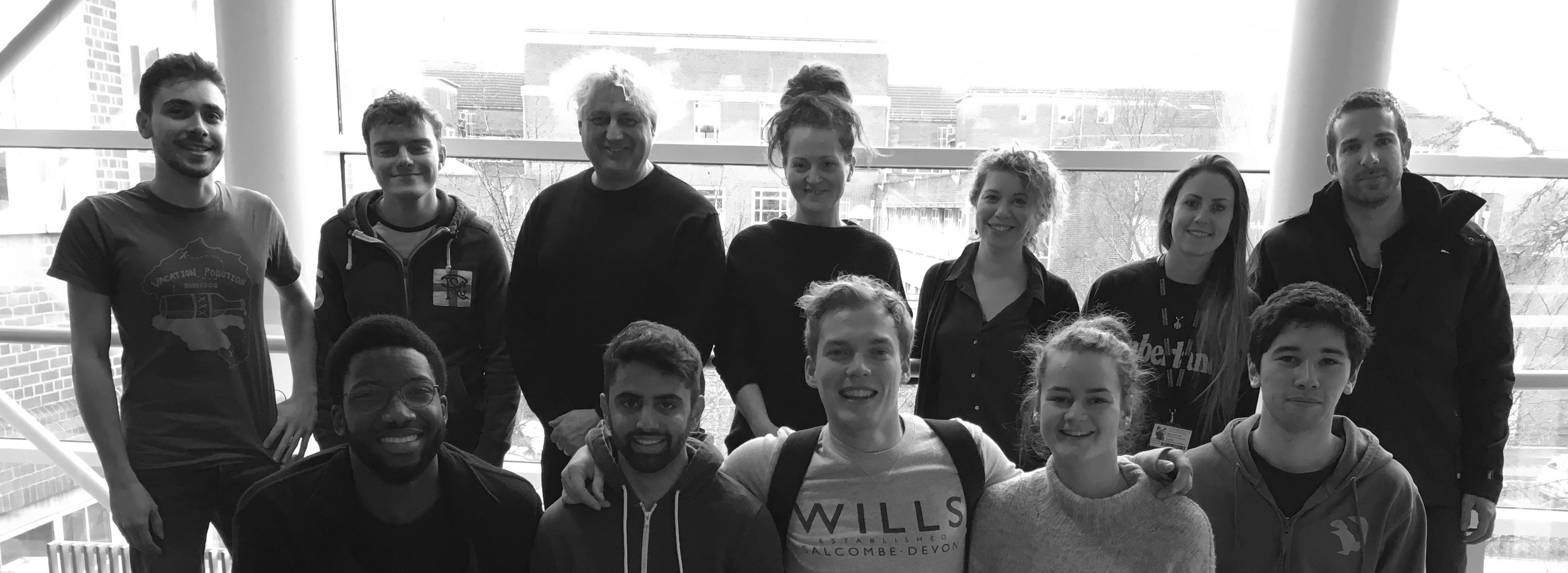

Pola Goldberg Oppenheimer
BSc in Chemistry (Cum-Laude), BEng in Chemical Engineering (Summa Cum Laude), MSc in Chemical Engineering (Cum Laude), PhD in Physics, FRSC, Royal Academy of Engineering Research Fellow.
Professor Goldberg Oppenheimer holds an academic position at the School of Chemical Engineering at the University of Birmingham. Her high-impact and trend-setting research focuses on nanostructured surfaces developing sophisticated technologies to realise advanced micro-engineered diagnostic devices. Professor P. Goldberg Oppenheimer holds two B.SC degrees with one in Chemical Engineering (B.Sc., Summa Cum Laude) and one in Chemistry (B.Sc., Cum Laude). Her M.Sc. in Chemical Engineering on composite materials and devices spawned several publications and led to an extensive expertise in suitable characterization and imaging methods including, TEM, cryo-TEM and SEM.
Professor G. Oppenheimer was then awarded a European Research Kodak scholarship to perform her PhD studies at the Cavendish Laboratories at the University of Cambridge under the supervision of Prof. U. Steiner, where she acquired a broad expertise in soft materials particularly, in polymer physics and advanced patterning methods. Her PhD in Physics was awarded the Springer Doctoral Award and was selected to be published in the series of ‘Outstanding Theses’. In recognition of the excellence of Professor Oppenheimer’s research, she has also been the recipient of several prestigious awards, including the Carl-Zeiss Award in Engineering at the University of Cambridge (UoC), resulting in extensive media exposure with another accolade for her work was its selection to illustrate the front covers of the Science Magazine and the 2012 Annual Report of the UoC. In 2016, Professor G. Oppenheimer was awarded the Royal Academy of Engineering Fellowship (as one out of only seven) outstanding, high-quality engineers across the UK developing successful academic research career as a testament to the strong recognised achievements in the field of nano-engineering on a trajectory of becoming exceptional well-recognised international leader.
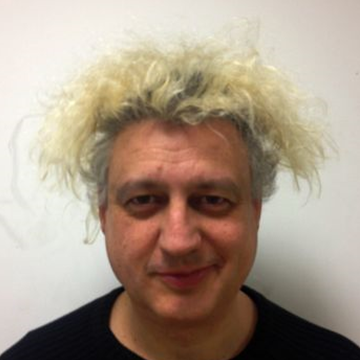
Jon 'JJ' Rickard
Jon started his career at the Welding Institute testing bits of North Sea oil rigs to see if they would fall apart in the cold of the North Sea. Then in 1985 he joined the Microstructural Physics group at the Cavendish laboratory in Cambridge. There he worked on all types of electron microscopes, including VG scanning transmission electron microscopes. In 2014 he joined the group of Prof. Goldberg Oppenheimer at the University of Birmingham to undertake a PhD course in Chemical Engineering. His research involves using Raman for point of care diagnostics.

Mike Hardy
Mike completed his BSc (Physics) and PhD at the School of Maths and Physics, Queen’s University Belfast, before joining Dr Goldberg Oppenheimer’s group in 2020. His studies at Queen’s Centre for Nanostructured Media centred around analysis of substrates for surface-enhanced Raman spectroscopy (SERS) via use of a custom-built, open-bench, multi-wavelength Raman spectrometer. Interests in SERS include nanopillar architectures and Fano resonances in periodic structures. He has collaborated with Airbus Group Innovations (Munich) on the development of a portable SERS sensor as part of ‘Bomb Factory Detection by Networks of Advanced Sensors’ (BONAS) (EU FP7 Grant agreement 261685).

Martin Hin Chu
Prior to joining Prof. Goldberg Oppenheimer’s group, Martin completed his MChem with Professional Experience at the University of Warwick, then moved onto a PhD project with the Institute of Thin Films, Sensors & Imaging at the University of the West of Scotland (UWS). At UWS, Martin had studied several different fabrication methods of producing surface-enhanced Raman scattering (SERS) substrates, ranging from chemical methods and vacuum deposition. Research interests also include optics, material science and thin films, having also worked on mid-infrared materials for sensors during his time at UWS. Current project involves development of SERS surfaces for biomedical and diagnostic applications.
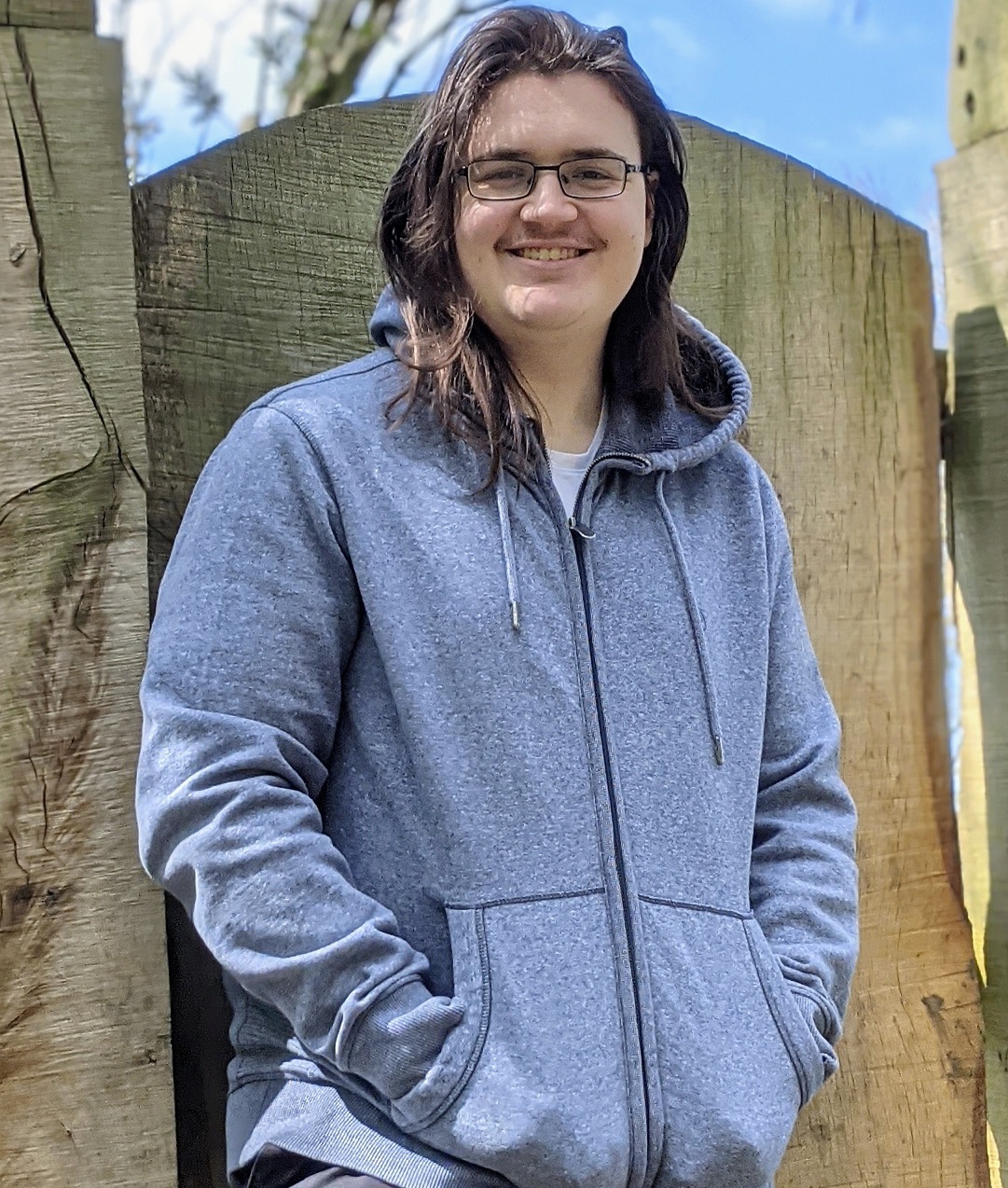
Kieran Clark
After graduating with a BSc in Analytical Chemistry and Forensic Science in 2019, Kieran progressed into a Master of Research (MRes) in Chemical Engineering Science, within the ANMSA group, focusing on developing novel technologies for point-of-care detection of pathogens using Raman Spectroscopy. Following the MRes, Kieran has now joined the Forest Edge Doctoral Scholarship Programme, still working within the ANMSA group and under the supervision of Prof. Goldberg Oppenheimer. His research focus involves the use of Raman Spectroscopy to further the understanding of plant pathogen-host interactions, to find a novel way of diagnosing filamentous plant pathogens, and the development of a handheld device to detect these changes in the field.

Debarati Bhowmik
Debarati graduated from CHRIST (Deemed to be University), Bangalore, India with first class in triple majors in BCB (Biotechnology, Chemistry and Botany) in 2018 and with first class distinction in MSc. Organic Chemistry in 2020. Following the post graduation, she went on to gain a diploma in education PGCE (Post Graduate Certificate in Education) and PGDE (Post Graduate Diploma in Education) from Birmingham City University (BCU) in 2021. She has also worked in the R & D lab in MERCK, India to develop and characterize pyrido pyrazine derivatives as organic semiconductors for photovoltaic cells. She has also worked in Genetics and Microbiology labs in St. John’s Hospital and Kidwai Memorial Institute of Oncology (Cancer Research and Training Centre), Bangalore, India. She joined Professor Pola Goldberg-Oppenheimer's group (ANMSA) under the MIBTP PhD programme in 2021. Her research work focuses on developing novel lab-on-a-chip for the detection of food borne pathogens. Her long term goal is to work in interdisciplinary research to deliver science at its best.
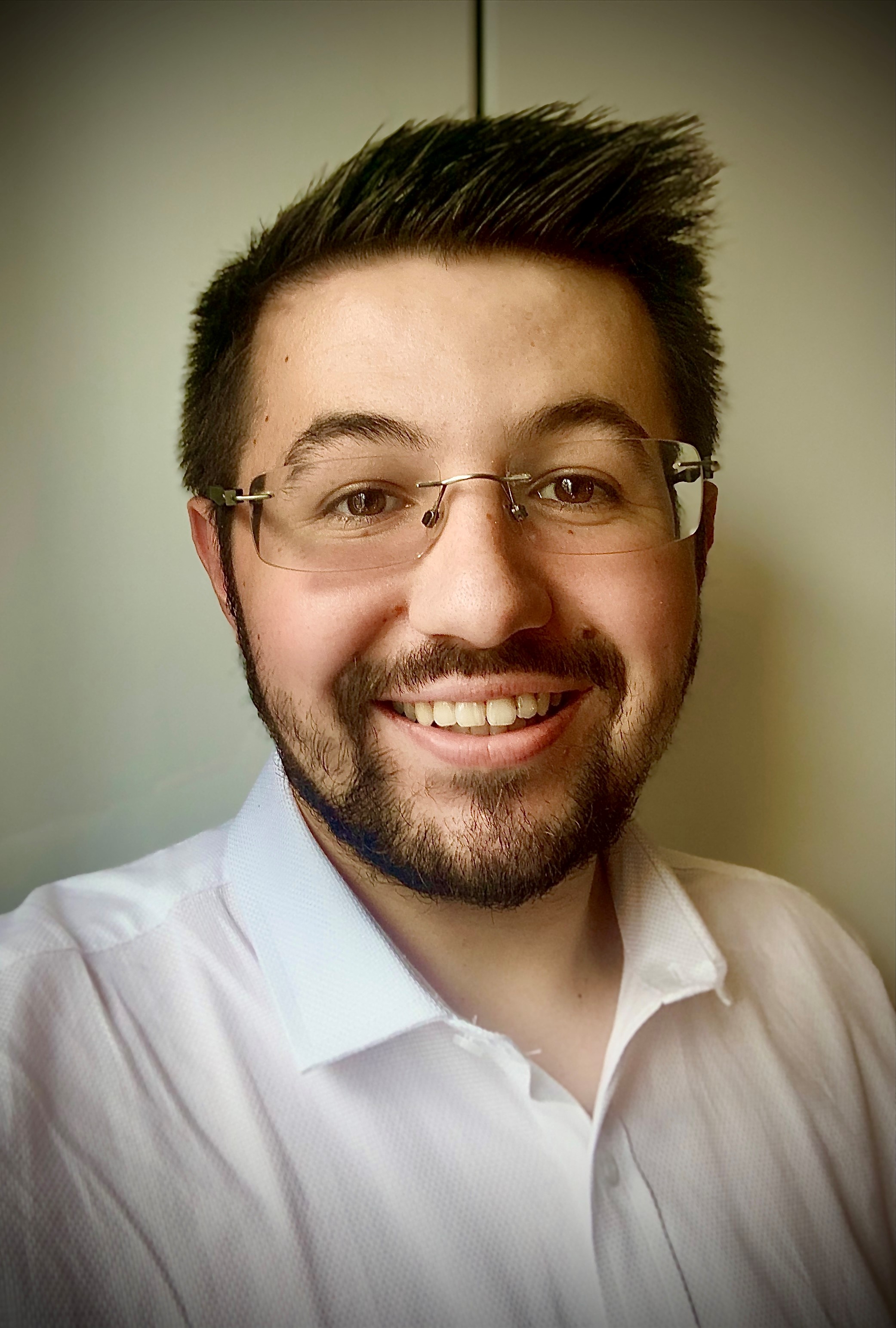
Jarrod Thomas
Having completed his undergraduate degree in Biochemistry, Jarrod joined the College of Medical and Dental Sciences at the University of Birmingham to complete a research Masters. His thesis investigated the mechanistic outcomes of a critical care trial, ‘Study into the Reversal of Septic Shock with Landiolol (β-blockade)’ (STRESS-L), considered to be the largest randomised multi-centre clinical trial of its kind to date. Based at the Queen Elizabeth Hospital Birmingham, Jarrod employed several techniques including mass spectrometry-based metabolomics to investigate metabolic variations between the control and interventional groups, in addition to multiplex technology to deduce immune system changes and several ELISAs to infer differences in cardiac stress and function associated with β-blockade in intensive care patients. His research interests are predominantly clinical and healthcare-associated and in 2022 joined Professor Oppenheimer’s research group to work on the detection of cancer, intra-operative cancer margins assessment and variety of other diseases through Raman spectroscopy working in conjunction with consultants at the Queen Elizabeth Hospital.

Bryan Chan
Bryan graduated from the University of Surrey in 2019 with MEng in Mechanical Engineering. As part of his professional training year in 2017-18, he worked as a laboratory technician at Ecole Centrale de Lyon focusing on implementing novel experimental apparatus onto research projects in Nanotechnology and Tribology. After completion of his MEng, he moved back to Malaysia to work in the industry of automated welding as an Application Engineer. In 2022, he joined the ANMSA group under the CDT Topological Design to work on novel lithographic approaches combined with novel nanomaterial formulations (micro and nano) to develop novel multi-functional platforms with new and unique properties for a breadth of applications.

Dilna Kolankada Kalathil
Dilna holds a Five-Year Integrated Master’s Degree in Chemistry with a first-class distinction and minors in Physics, Mathematics and Computer Science from Amrita Vishwa Vidyapeetham, Coimbatore, India (2016-2021). Her enthusiasm in working in the field of electrochemistry and biosensors developed while doing her master’s dissertation in the “Fabrication of a disposable electrochemical biosensor for the detection of Cyanocobalamin”, a Department of Science and Technology (DST) funded project. After her postgraduation in 2021, she got to work as a Research Assistant in Indian Institute of Technology (IIT) Bhilai, India, in a SERB funded project. She has successfully reported starch/alginate-based, pH and glucose-sensitive hybrid hydrogels for insulin drug delivery. Awarded by Priestley Scholarship, she joined Prof. Pola Goldberg Oppenheimer’s ANMSA group under “EPS/University of Melbourne Joint PhD 3.5 Years Chemical Engineering” in 2023. Collaborating in the field of interdisciplinary research, she aims to fabricate a new micro engineered portable acoustic lab-on-a-chip device for rapid disease diagnostics intended for transforming the field of PoC sensing with co-supervision from Dr David Collins from the University of Melbourne, Australia.
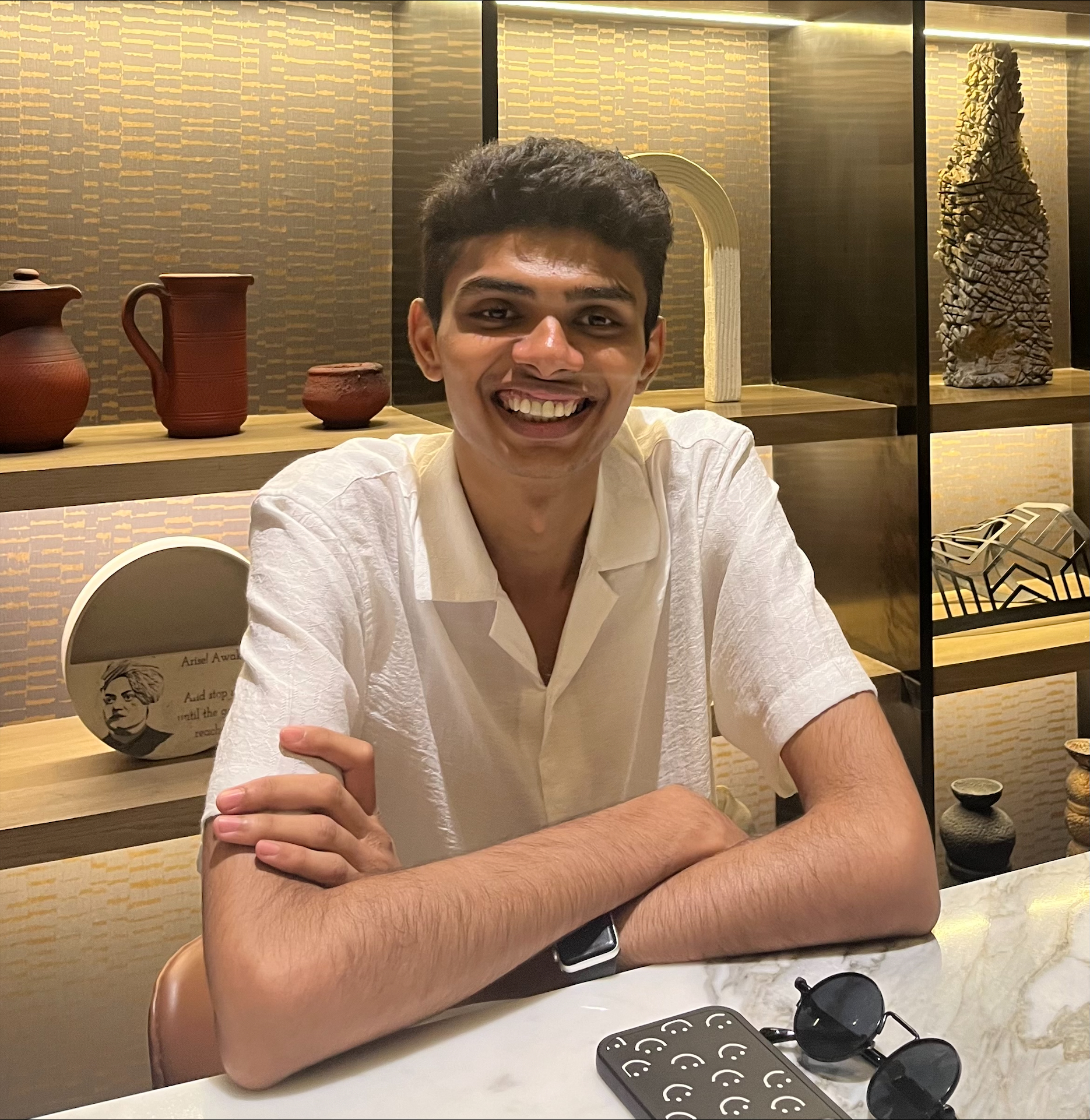
Mohamed Patel
During his four-year undergraduate program, achieved a first-class honors in BSc Hons Biomedical Science. In addition to academic achievements, obtained several crucial professional registrations. Got registered with the Health and Care Professions Council (HCPC) and the Institute of Biomedical Science (IBMS) as a Biomedical Scientist. This accreditation was the result of successful completion of an intensive 52-week training program within the Cellular Pathology Department at BTUH. Moreover, he also earned the designation of a registered scientist (RSci) with the Royal Society of Biology. Throughout his academic journey, he engaged in valuable research endeavours. Notably, conducted a research project aimed at providing preliminary data for the study titled 'Analysing the Significance of CDK5 in Breast Cancer Metastasis.' Additionally, he secured a grant, generously supported by the Royal Society of Biology, to explore the field of plant physiology at the University of Exeter. Upon completing of his undergraduate studies, I purposefully embarked on an interdisciplinary research venture. He successfully secured funding from the Lifetime Centre for Doctoral Training (CDT) to investigate 'Novel Portable Technology for Early-Stage Dermatological Cancer Diagnostics' (DERMATech). This project presents an exciting opportunity to contribute to cutting-edge advancements in healthcare technology. His journey in biomedical science has been marked by continuous growth and exploration. And he remains committed to advancing his research and making a meaningful impact in the realms of science and healthcare.
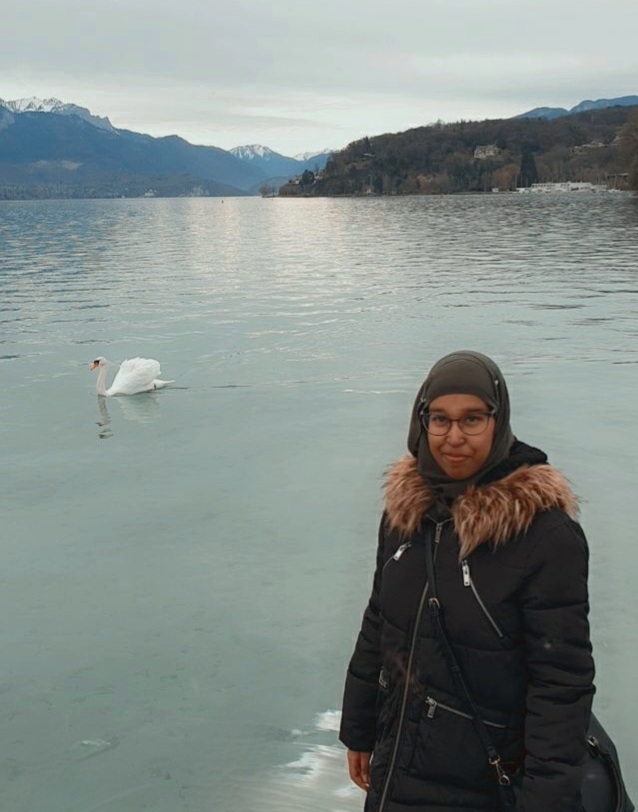
Ilhan Mohamed
Ilhan had completed a BSc in Biological and Chemical Science at Coventry University, where she undertook a dissertation evaluating the effectiveness of nanomedicine for breast cancer treatment in comparison to traditional cisplatin. Upon completing her bachelor’s degree, she completed an MSc in Healthcare Technologies at the University of Birmingham in 2023, completing a thesis on improving adhesives for stoma bag use by analysing the viscoelastic properties of the pressure-sensitive adhesive. The data was then used by a company which specialises in medical-grade adhesives to continue the research. With an interest in biotechnology and medical devices, Ilhan joined the ANMSA group in 2023 in a joint project with the Manufacturing Technology Centre (MTC), which focuses on developing and optimising new tuneable manufacturing processes for rapid prototyping in order to generate flexible multifactional ‘SMART’ platforms.

Rameez Malik
Rameez started his academic journey from his home country Pakistan doing his BSc in Material Science specialization in Nanotechnology from Ghulam Ishaq Khan Institute (2013-2017). During bachelors, he had some industrial experience from Al-Badr Engineering Company (Pvt) Ltd and Pakistan Council of Scientific and Industrial Research (PCSIR) as an internee. He was a contributor of the research project ‘Tribological enhancement and wear characteristics of DLC (diamond like carbon) coatings on different steel substrates’ held in PCSIR. His curiosity in this field further led to doing Masters in Material Science from University of Augsburg, Germany (2020-2023). The core focus was on carbon fibers during master’s research. The research includes determination of surface energy of carbon fibers using Tensiometer, Inverse gas chromatography and X-ray Photon Spectroscopy. He opted to join a PHD cohort programme between BAM (Berlin) and University of Birmingham in 2024. Will be working on ‘Development of Advanced micro and nanostructured platforms for functional materials and devices’ in ANMSA group of Biochemical engineering department.

Daniel Nicol
Daniel’s academic journey started with a HND in Mechanical Engineering from City of Glasgow College. From attaining an HND, he was accepted into the University of Strathclyde undertaking a BEng with Honours in Sports and Design Engineering. This culminated in a dissertation centred around the creation of a knee brace as a measure to prevent athletes sustaining ACL/MCL injuries. After completion, he undertook a MSc in Biomedical Engineering at the University of Strathclyde, with his thesis concerning developing wearable devices to define a patient’s intensity during stroke rehabilitation. As of 2024, Daniel is undertaking a PhD in the University of Birmingham, joining Prof. Pola Goldberg Oppenheimer, in the aims to create a novel, lab-on-a-chip device for point-of-care diagnostics for Traumatic Brain Injuries.

Ebu Bickel
Bess completed her four-year undergraduate degree in Neuroscience at the University of Leeds, graduating with First Class Honours in 2022. She has a strong interest in traumatic brain injury (TBI), and during her year in industry, she worked with the Glasgow Brain Injury Research Group (GBIRG) as part of a dedicated team investigating the neuroinflammatory response to TBI and its role in neurodegeneration. For her dissertation, Bess completed a year of lab-based research validating an animal model for ATP1A3-related neurodevelopmental disorders. After graduating, Bess took some time to travel and then worked as a consultant modeller and analyst in the pharmaceutical industry. Driven by her ongoing interest in TBI research, she joined ANMSA in October 2024 after securing funding for a PhD project under the supervision of Professor Goldberg Oppenheimer. Her research focuses on validating miniaturised point-of-care diagnostic technologies for TBI and broader models of disease.

Matteo Rochon Cocchiara
Matteo began his higher education at the University of Glasgow, where he completed a BEng in biomedical engineering. He graduated with first class honours and won several awards for his academic performance including the prestigious William Dawson Bursary. His undergraduate project focused on control systems, and sought to determine whether the mathematical characteristics of intermittently controlled systems could be identified from input-output data. Upon graduating, Matteo spent a year working abroad for an educational social enterprise, gaining valuable experience in teaching and personnel management. Matteo then returned to the UK and undertook an MSc in biomedical engineering at the University of Warwick, seeking to specialise in the design of diagnostic and monitoring technologies. He graduated with a distinction and completed his project at the Warwick University Microsensors and Bioelectronics Laboratory. He has continued to deepen his passion for diagnostic and monitoring tools through his work with the ANMSA, assisting the development of novel Raman-based diagnostic technologies for traumatic brain injury.
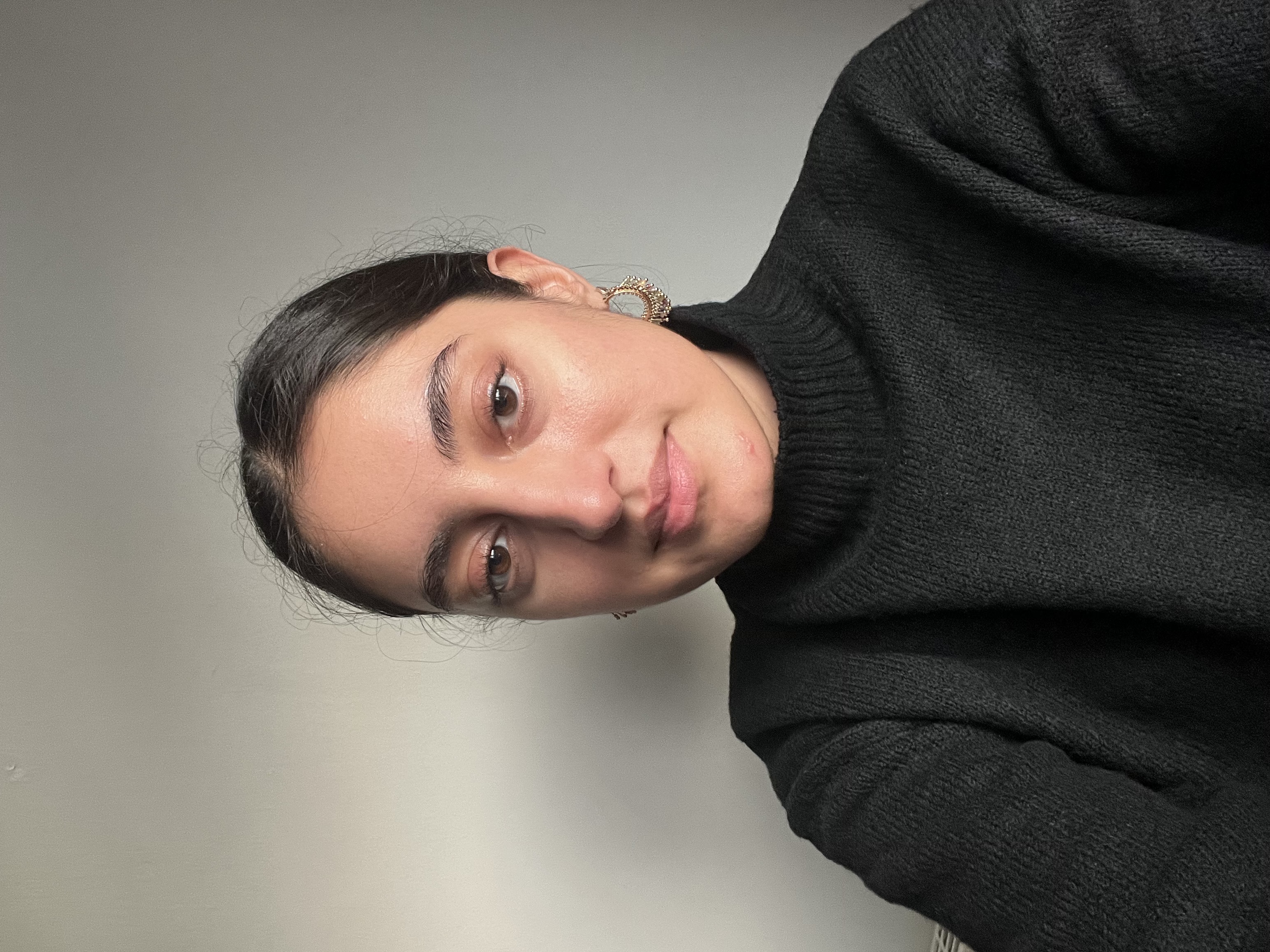
Amarpreet Sahi
Amarpreet began her academic journey at Aston University, where she earned a BSc (Hons) in Neuroscience in 2024. During her placement year, she conducted advanced electrophysiology experiments at the Aston Laboratories for Translational Epilepsy Research, exploring the onset and duration of epileptiform activity. In her final year, she completed a dissertation analysing the effects of long-term caffeine exposure on CA2 cell morphology, with a particular focus on adolescent subjects. Following her graduation, Amarpreet sought to expand her interdisciplinary horizons by joining the ANMSA group under the Centre for Doctoral Training (CDT) in Topological Design. Here, she merges her neuroscience background with chemical engineering, employing innovative topological approaches and Raman spectroscopy to develop analytical tools for detecting low-level biomarkers associated with neurodegenerative diseases. Her research is driven by a passion for addressing the critical need for rapid and early detection of neurological disorders, enabling timely interventions. Amarpreet's long-term aspiration is to contribute to the advancement of healthcare technology through the creation of compact, point-of-care diagnostic tools for traumatic brain injuries and other neurodegenerative conditions. Her work embodies a commitment to improving patient outcomes and advancing the field of neurodiagnostics.

Oscar Oliphant
Oscar is a chemical engineering masters (MEng) student at the University of Birmingham. On his year in industry (2020-21) he worked as a research intern for Ceres Power, where he specialised in hydrogen fuel cell development. In particular the analysis of electrochemical impedance spectroscopy where he designed and developed a data analysis app using Matlab. His industrial placement has sparked an interest in the development of innovative technology especially in the renewable energy sector. Recently, he has joined Prof. Pola Goldberg Oppenheimer’s group for his research project where he aims to use CFD to optimise a novel lab-on-a-chip device for the detection of extra cellular vesicles as an indicator for ageing.
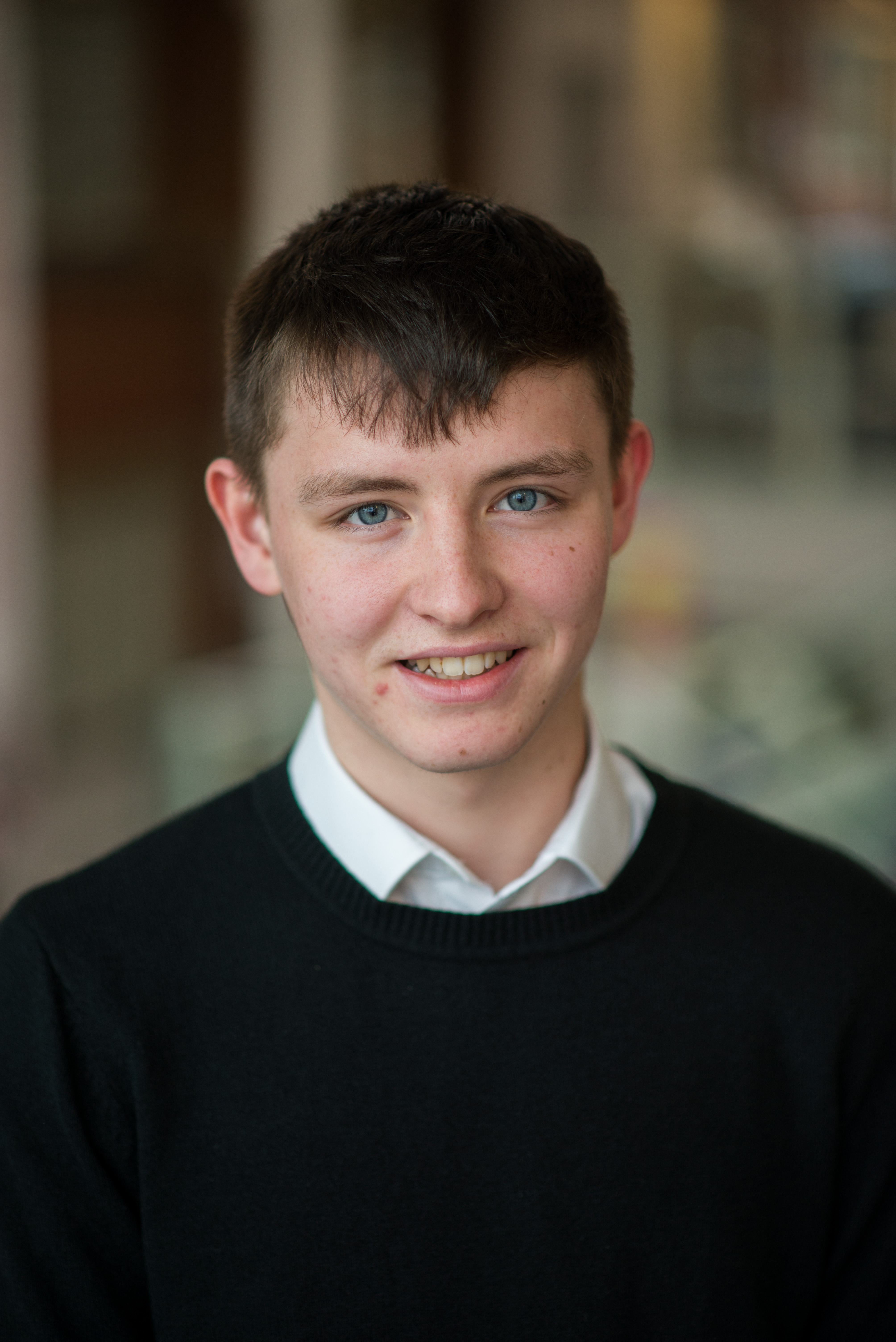
Mark Pyman
Mark is currently studying MEng Chemical Engineering at the University of Birmingham. In 2020, he began a year long work placement within the Research & Development department at CalGavin Ltd, subsequently returning to Birmingham in September 2021 to complete the final year of his degree. With a particular interest in healthcare technologies, Mark is working on his masters research project within Professor Goldberg Oppenheimer’s group to investigate how CFD can be used to optimise the performance of a novel lab-on-a-chip device designed for the detection of extracellular vesicles as a biomarker for ageing.
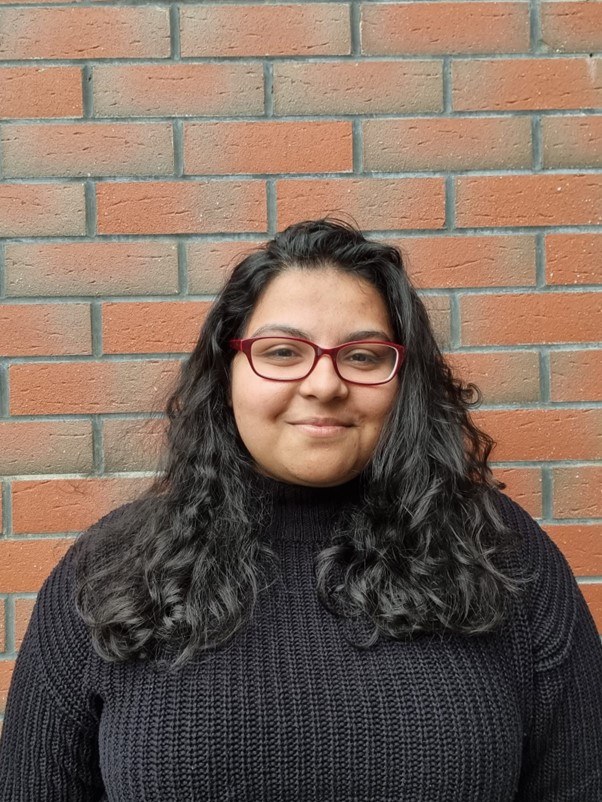
Fareeha Kauser
Fareeha is currently a final year Chemical Engineering MEng student at University of Birmingham. After gaining invaluable work experience through completing various roles in research and development including a summer internship role in hydrophobic coatings manufacture at GCP Applied Technologies (2018) and a yearlong industrial placement in the chocolate research & development department at Mondelēz International (2019-2020) where she developed a knowledge of commercial scale chocolate personalisation and customisation techniques. She returned to the University of Birmingham to complete her last two years of her undergraduate master's degree. Fareeha is currently working on her final year master’s project within Professor Goldberg Oppenheimer’s research group to research the applications of Raman spectroscopy analysis of extracellular vesicles in chronic illness diagnosis, including contributions to the development of Raman spectral libraries of healthy and diseases extracellular vesicles and their subgroups.

William Barrett
William is currently in his final year of studying MEng Chemical Engineering at the University of Birmingham. In 2018 he began a year-long industrial placement as a Process Engineer with Solvay S.A.. William returned to the University of Birmingham to complete the last year of his undergraduate Masters study in 2019. His final year Research Project, within Dr Goldberg Oppenheimer's group, involves producing liposomes to assist in identifying lipid changes in the brain after Traumatic Brain Injury through the use of Raman Spectroscopy.
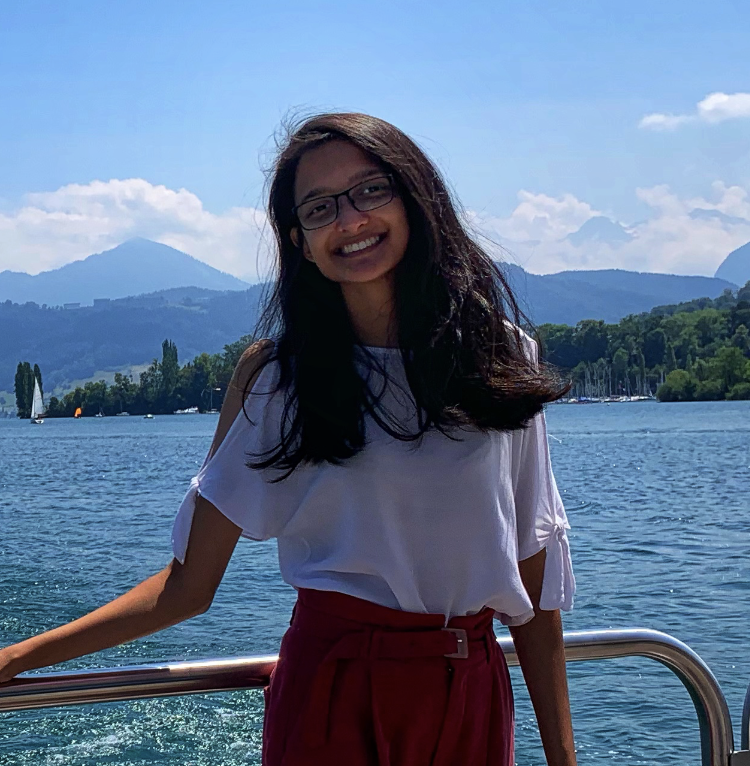
Yashita Patel
Yashita is currently studying Chemical Engineering at University of Birmingham. She completed a placement year with Roche in Basel, Switzerland, before returning to her final year of study. She is currently in the process of carrying out her Research Project in Dr Goldberg Oppenheimer's group, where she is producing liposomes in order to investigate lipid related changes within the brain, after a Traumatic Brain Injury using Raman Spectroscopy.
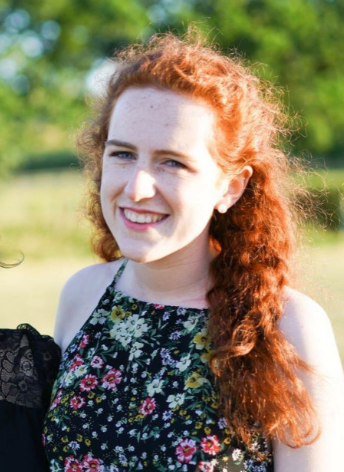
Rachel McVicar
Rachel is currently in her final year of the MEng Chemical Engineering course at the University of Birmingham. She completed a year long industrial placement within Research & Development at Jacobs Douwe Egberts before returning to her final year of study in 2019. She is currently in the process of completing her Masters Research Project within Dr Goldberg Oppenheimer's group. This project is looking at characterising saliva using Raman Spectroscopy to diagnose Inflammatory Bowel Disease. Her research is predominantly looking at how processing methods, such as freezing and thawing, impact saliva composition.

Sophia Iqbal
Sophia is a final year MEng Chemical Engineering student at the University of Birmingham. She completed a 12 month industrial placement at Merck Sharp & Dohme in Cramlington, Northumberland as part of the Technical Operations team and is now completing her degree. Sophia is working on her Masters Research Project within Dr Goldberg Oppenheimer's group, looking at characterising saliva using Raman Spectroscopy. Specifically conducting freeze-thaw studies on saliva and seeing the differences processing makes when performed prior to or post freezing.
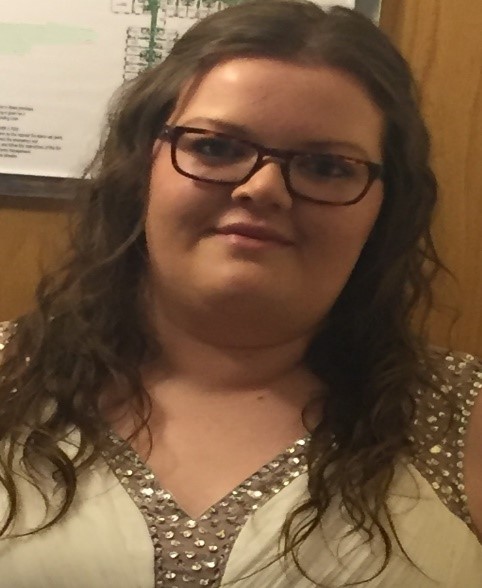
Emma Buchan
Emma started her academic career in 2011, graduating with a BSc (Hons) in Biomedical Science from Robert Gordon University in Aberdeen in 2015. Following her undergraduate degree, Emma went on to obtain an MSc in Analytical Sciences with an interest in DNA, proteomics and metabolomics. Here she carried out research on the development of a DNA biosensor to determine the concentration of plasmid DNA involved in bacterial antibiotic resistance. In 2018, Emma joined the Physical Sciences for Health Doctoral training centre, where she obtained a PhD as part of Prof. Pola Goldberg Oppenheimer’s group. She then carried out research as PDRA at ANMSA Group focussed on the development of a novel lab-on-a-chip for the detection of extracellular vesicles as key targets of diseases.

David Odetade
David graduated from Obafemi Awolowo University, Ile-Ife, Nigeria in 2005 with a BSc. in Chemical Engineering. He worked for a few years in Nigeria before moving to United Kingdom in 2009 to pursue his Masters in Advanced Chemical Engineering with IT and Management at Loughborough University, with his dissertation focusing on fabrication of microfluidic devices. After the completion of his MSc. programme, he moved to London to work with the Clinical Audit and Research Unit of London Ambulance Service (NHS Trust) in 2012. He moved back to Loughborough University in 2014 to work as a teaching assistant and did some research work with the microfluidic research team (Chemical Engineering department), producing drug nanoparticles from fabricated microfluidic devices. After a few other roles, he joined the Inhalation Value Stream at Kindeva Drug Delivery (formerly 3M UK Health Care Ltd) in Loughborough, before joining the group of Prof. Pola Goldberg Oppenheimer at the University of Birmingham in September 2020 as a CDT Topological Design research student. His research focused on Advanced Micro-Nanotopological Platforms for Point-of-Care Diagnostics. David completed his PhD stuies in 2025.
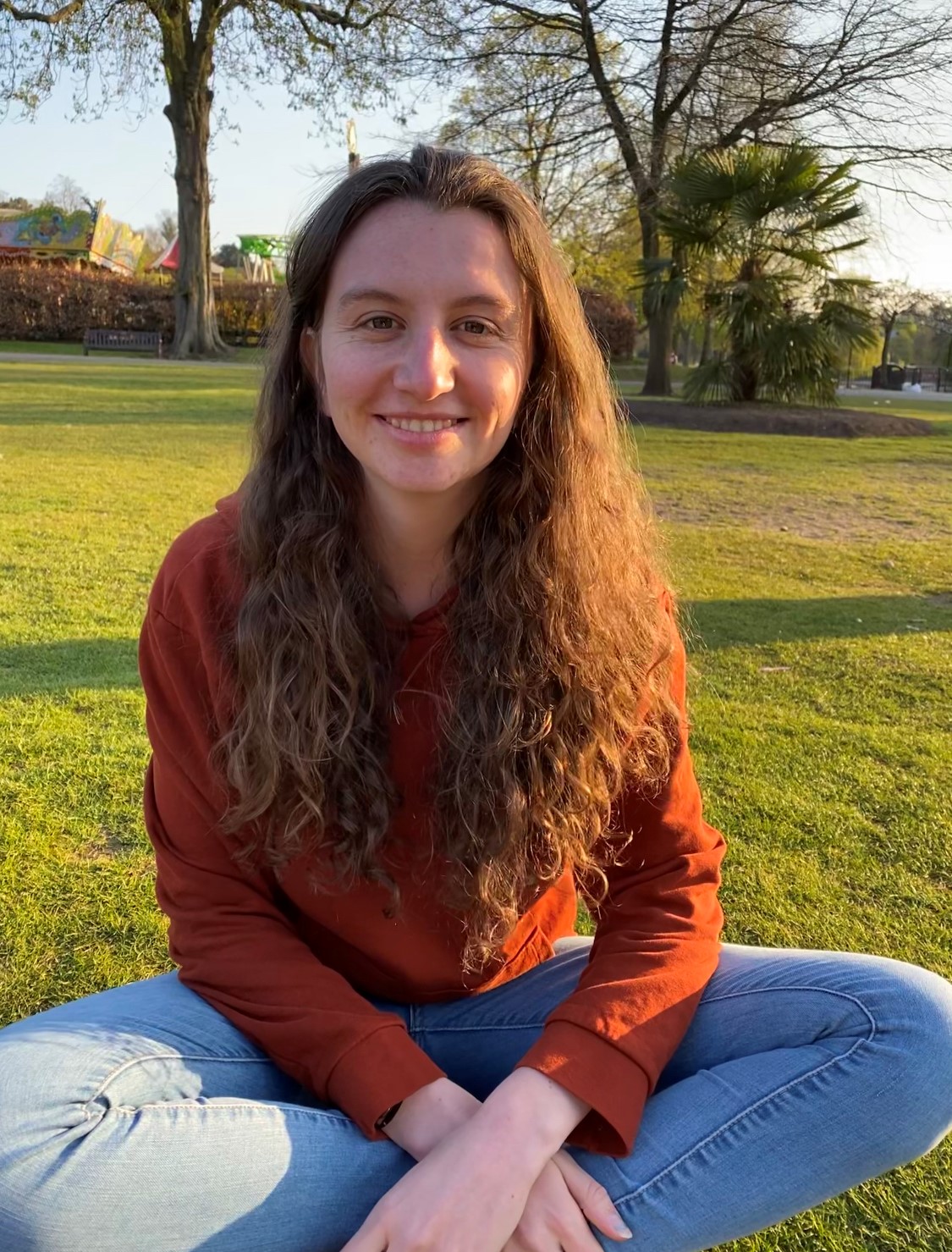
Clarissa Stickland
Clarissa graduated from the university of Birmingham in 2020 with BSc in Medical Biochemistry. She completed a year of lab based research for her dissertation, in which she has evaluated the limits of the protein SecA over-expression within the bacterial Sec pathway. Having had a passion for the idea of developing novel diagnostics tools within the field of neurology, she studied under Prof. Goldberg Oppenheimer’s supervision on the development of a Raman brain probe with the purpose of diagnosing traumatic brain injury and eventually integrating photherpay for its treatment as well. Clarissa completed her PhD in 2025.

Kate Stokes
Kate graduated from the University of Warwick in 2020 with a Masters in Physics (MPhys). During her four year undergraduate degree, she completed summer internships in various fields of engineering; one of the projects involved optimising the production of defined structures in membranes using ion beam lithography and analysing samples of graphene. Her final year project focused on nanomaterials, using microscopy and cathodoluminescence to analyse their optical properties. Kate joined the ANMSA group in 2020, working within the Formulation Engineering CDT, where she has applied her love of nanomaterials to real-life applications. She has been exploring the possibility of using novel lithography to produce functional portable platform technologies and fabricate new artificial metamaterials.
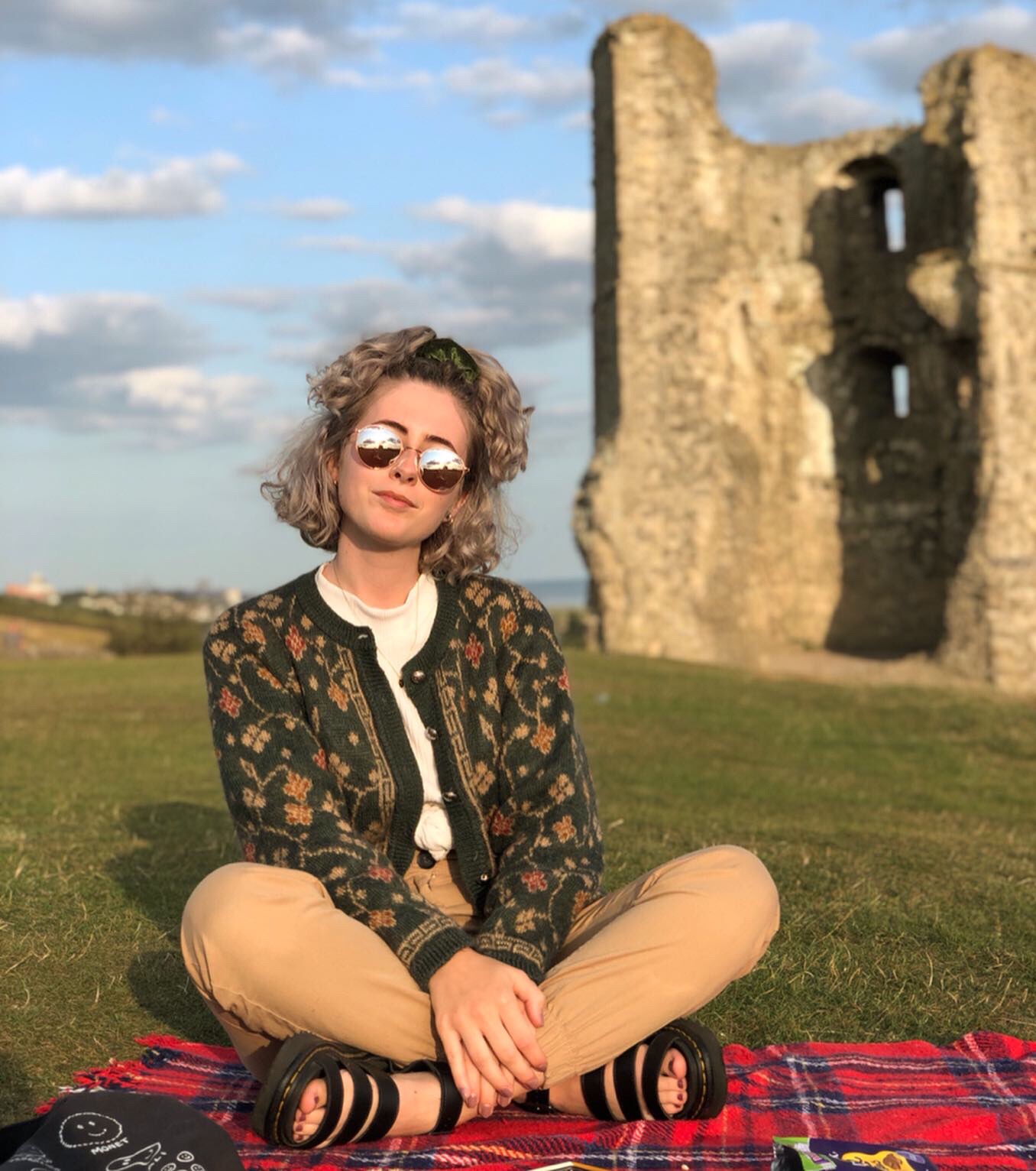
Georgia Harris
Georgia graduated from the University of Exeter in 2019 with a BSc in Physics where her interest in biomedical physics and cruelty-free research began. In the summer of 2018, she completed an internship at UCL where she developed a desktop filament extruder system for 3D printers; aiming to produce filaments formed of recycled failed prints and support material. She also worked on printing a kidney phantom using gel-wax compatible with photoacoustic imaging to aid presurgical planning. She joined the ANMSA group under the LifETIME CDT and will continue previous work in developing a point-of-care device to diagnose TBI with the hopes of including elements of tissue engineering and non-animal technologies.
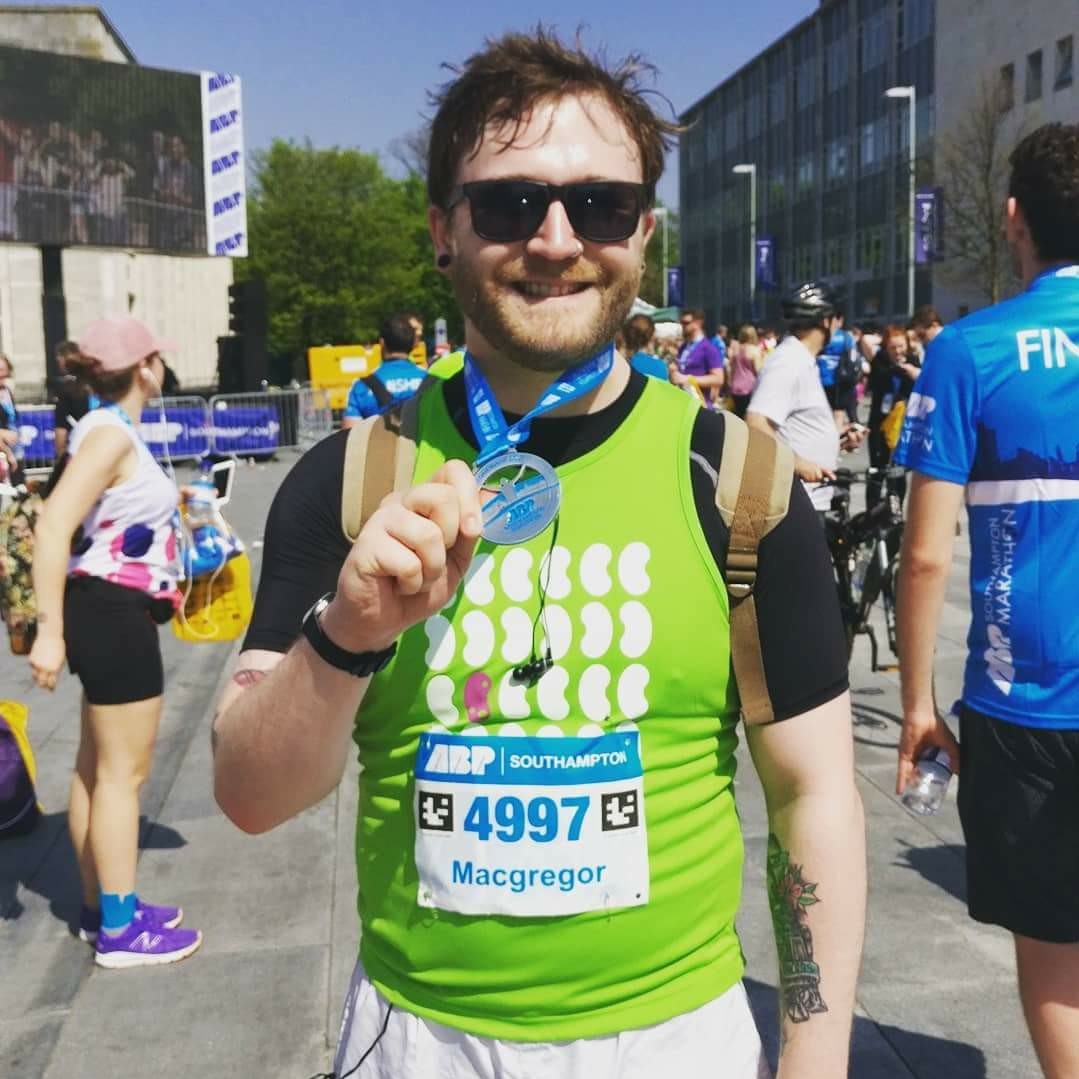
Michael MacGregor-Fairlie
Mike graduated from the University of the West of England with a degree in Biomedical science in 2014. During his time there, he pursued a placement year at the Robert Koch institute in Berlin where he undertook research in Cowpox and other Orthopox viruses. Following his undergraduate degree, he then pursued a Masters by Research in Biological sciences at the University of Warwick where he carried out research on genomic mining in Streptomyces spp. and Streptococcus mutans. After leaving Warwick, Mike worked for Dyson and Public Health England before enrolling in his PhD in Chemical Engineering at the University of Birmingham. His PhD project is looking at utilising CRISPR and the associated Cas nucleases as well as Raman spectroscopy as rapid point-of-care diagnostic tools for Tuberculosis and its drug-resistant variants.
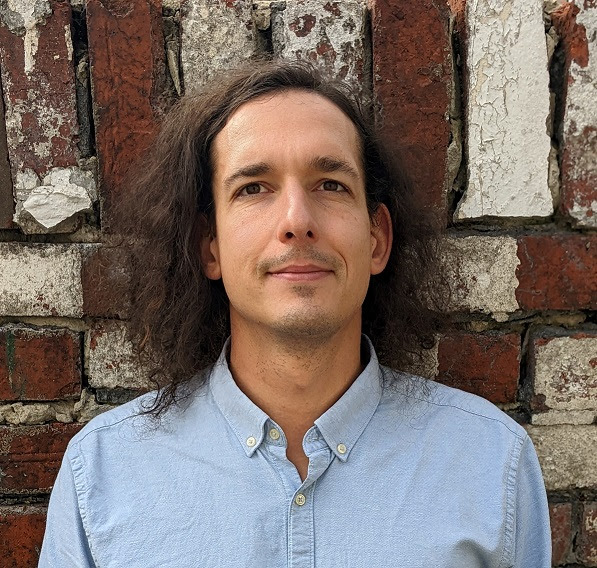
Zoltan Sztranyovszky
Zoltan completed his BSc in Mathematics and Physics at The Open University in 2017 following a career change from logistics. He then obtained an MSc in Physics at Cardiff University in 2018. His dissertation focused on the optical characterisation of plasmonic nanoparticles based on scattering and absorption cross-section measurements. He continued with PhD studies at Cardiff University, where his project focused on the development and application of the Resonant-State Expansion, a technique which is used for finding the eigenmodes of open optical system. After finishing his PhD he joined the ANMSA group in 2022 where he works on developing analysis tools for point-of-care diagnostics.

Emma Robinson
Emma graduated from the University of Birmingham in 2023 with an MEng in Chemical Engineering. Prior to joining the ANMSA group, she completed a research project in the Mendes group within Chemical Engineering on 'Monitoring Binding of Molecularly Imprinted Nanoparticles for Recognition of Glycan Cancer Markers'. This project supported the development of an immunoassay for prostate cancer. Having developed a passion for the development of diagnostic tests within healthcare, she joined the ANMSA group in 2023 under the supervision of Prof. Goldberg Oppenheimer to continue the previous work in development of a point-of-care device to diagnose TBI.
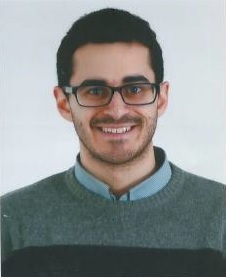
Paulo Gomes
Paulo started his studies in 2010 at the Instituto Superior Tecnico of Lisbon (Portugal), where he graduated with a BSc in Physics Engineering in 2014. Followed by one year abroad as Erasmus at the University of Twente (The Netherlands) where he completed the first year of the MSc in Applied Physics in Material Science and afterward returned back to Portugal to complete his MSc. He spent one year working on his thesis in INESC Microsistemas e Nanotecnologias where he focused on the development and characterization of monolayered Graphene and its incorporation into EGFET devices finishing the MSc in 2017. In 2018 he joined the group of Prof. Pola Goldberg Oppenheimer at the University of Birmingham as a Ph.D. student. His research focussed on the optimization of the EHD process, with the use of Raman, towards a point of care diagnostics. Paulo successfully comp,leted his PhD in 2023.

Matthias Lim
Matt began his studies in 2013, graduating with an MSci in Physics from the University of Birmingham in 2017. During this time, he worked on various projects including photonics, robotics, and modelling MHD of binary stars. He then worked for four years building, implementing and validating statistical models in line with regulatory specifications and business requirements. Matt then joined the ANMSA group as part of the LifETIME CDT and focussed on the development and optimisation of SERS substrates for use in a multifunction optofluidic platform.
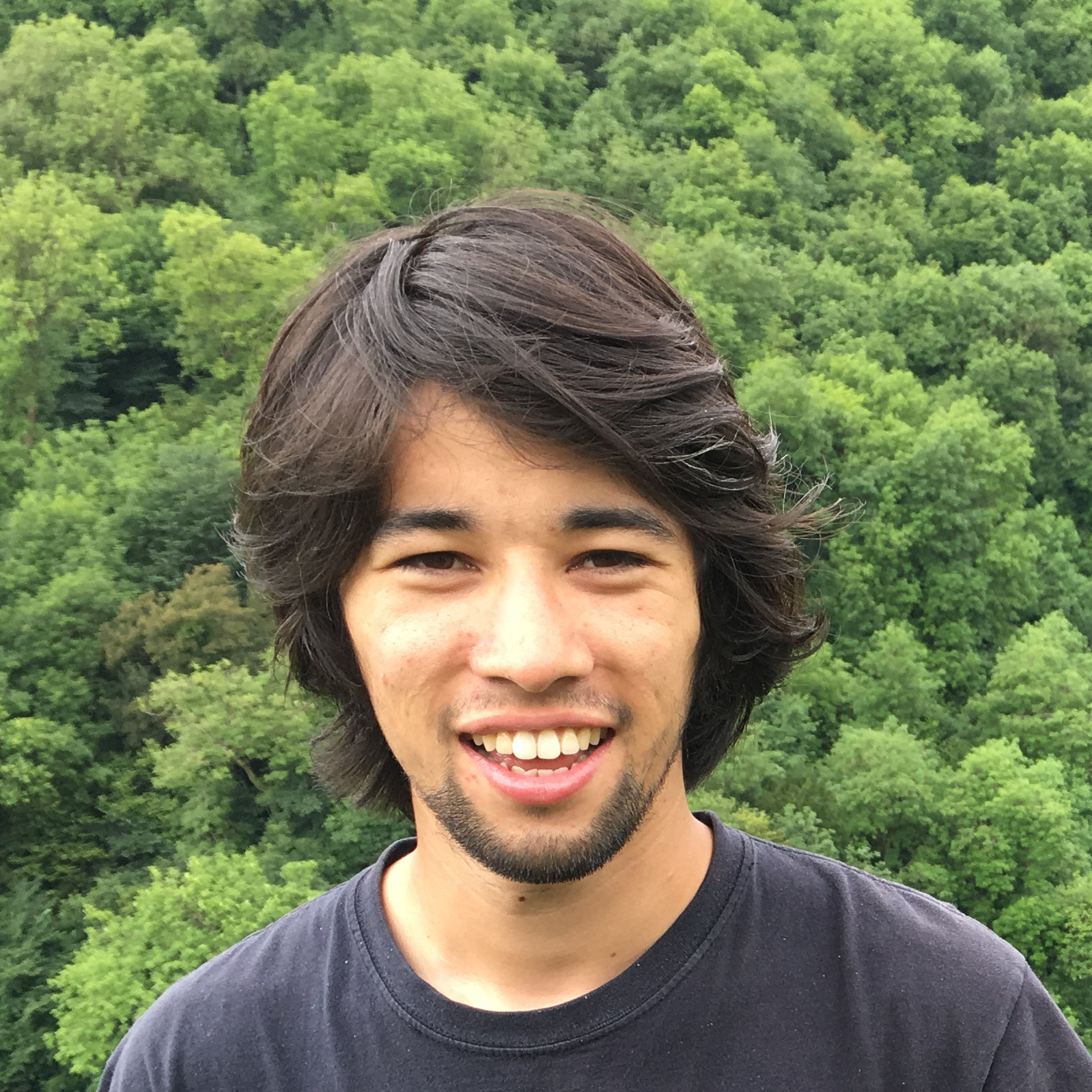
Carl Banbury
Carl graduated from the University of Birmingham, in 2012 with a masters in Physics with Nanotechnology with a Year in Computer Science (MSci). He then went on to develop scientific software applications for the oil and gas, pharmaceutical and FMCG industries. He has since worked as a technical lead at a number of start-ups, specialising in cloud servers, non-relational databases and continuous delivery. In 2015 he joined the group of Dr Goldberg Oppenheimer at the University of Birmingham, working within the EPSRC Physical Sciences for Health Centre. His research explored new methods for point of care diagnostics of traumatic brain injury.
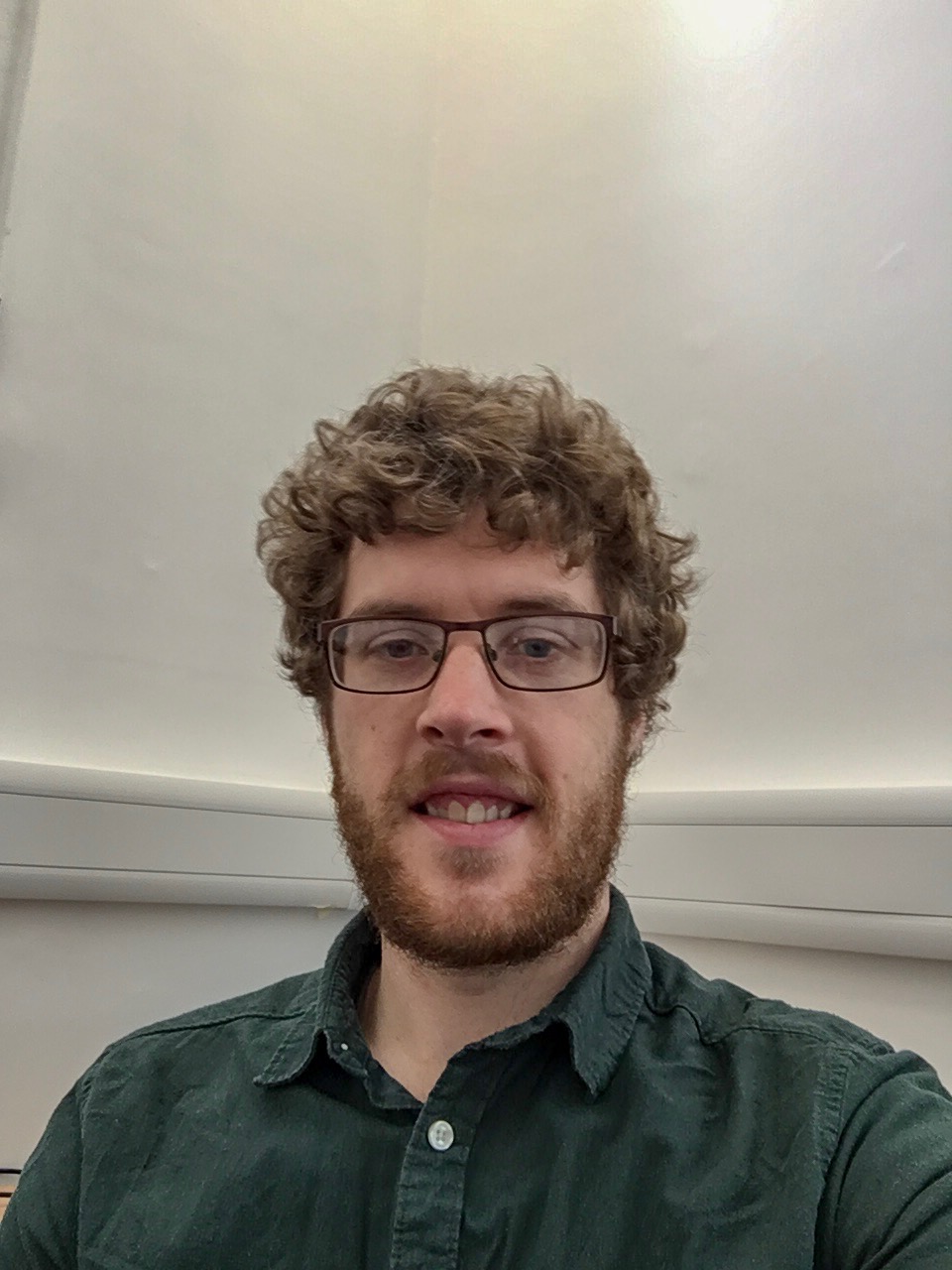
Liam Kelleher
After completing his BSc Physics with Nanotechnology at Swansea University, Liam moved onto a PhD project in the Centre for Nanohealth at Swansea. His PhD was an industrial linked project through the pan-Wales KESS initiative, where Liam worked with Siemens Healthineers to carry out characterisation of raw materials utilised in manufacturing commercial immunoassays. Raman spectroscopy was the primary tool of use, with FTIR spectroscopy also used to reinforce observations made. In 2019 he joined Dr Goldberg Oppenheimer's group to carry out research related to TBI, fcoussing on open science and the development of research tools for clinical applications.
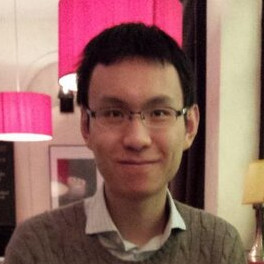
Yiwei Sun
Dr. Yiwei Sun was a Postdoctoral Research Associate at ANMSA group during 2018 and he is currently a PDRA at Queen Marry University of London. He obtained BSc. in Physics at Fudan University, China in 2011 and PhD in Physics at Queen Mary University of London, UK in 2015. He then worked as a Postdoctoral Research Fellow at Zhejiang University, China before he joined the group of Dr Goldberg Oppenheimer at the University of Birmingham in 2018. Yiwei’s research expertise is on Raman spectroscopy (including advanced analysis on spectra), high pressure techniques (DACs) and ab initio calculations. His research field covers the mechanics of carbon nanotubes, graphene, graphite and other 2D layered materials. His current research focuses on the fabrication and characterisation of graphene-based nanostructures from viral building blocks and the design and setting-up of a portable Raman 3D-priting system.
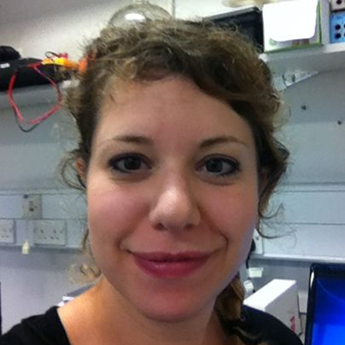
Chiara Busa
Chiara started her studies at the University of Florence in 2005, graduating in 2009 with Bachelor in Chemistry. She then proceeded to a Master in Chemistry, focusing on supramolecular Chemistry, nano-systems and materials, graduating in 2012 with thesis on organic nanostructures for the next generation solar cells. In 2013 Chiara collaborated with Chalmers University of Technology in the field of Applied Physics. In 2014, Chiara has joined the group of Dr Goldberg Oppenheimer at the University of Birmingham to undertake her PhD course in Chemical Engineering. Her research interests were focused on DNA structured nano-materials, thin films formation, characterisation and patterning using novel and advanced materials for a range of optical and biomedical applications. Chiara has graduated in July 2018.
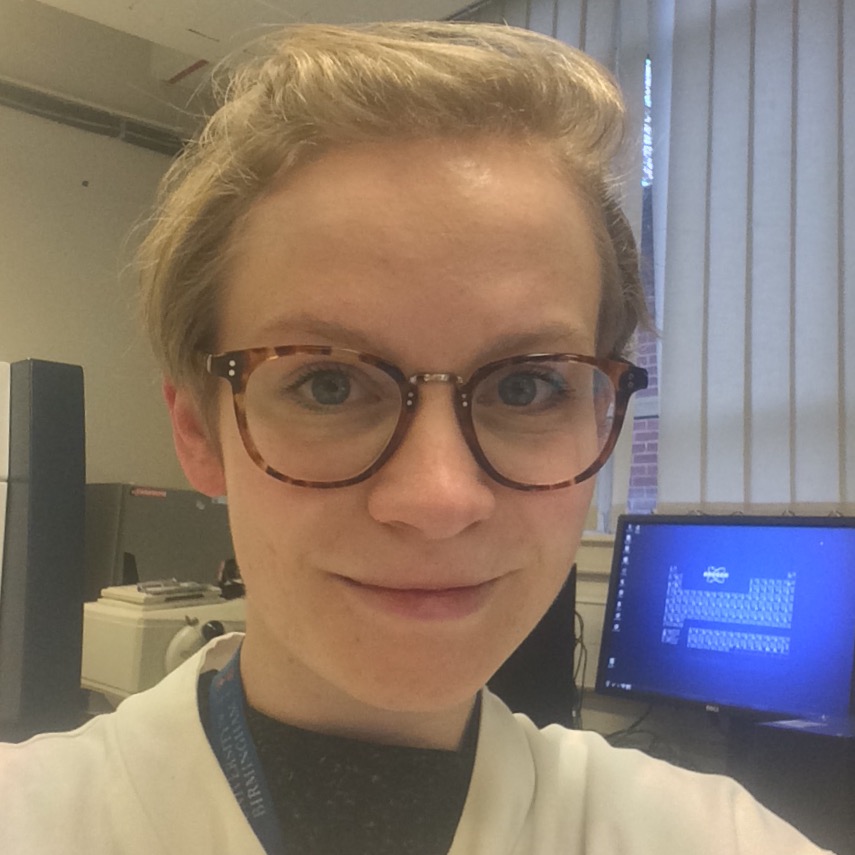
Megan Cooke
Meg was part of the group in 2015 as a masters student as part of the physical sciences for health CDT. She graduated from the University of Birmingham in 2014 with a degree in Material Science with Sport Science before joining the physical sciences for health centre for doctoral training. She joined the group for a masters project where she looked at the use of electro-hydrodynamic lithography to pattern surfaces to force the alignment of collagen fibres. She has since started a PhD developing an in vitro model of osteoarthritis under the supervision of Prof. Liam Grover and Dr. Simon Jones.
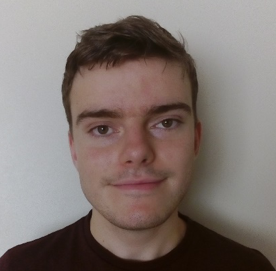
Stephen Powell
Stephen Powell started studying at the University of York in 2012. He graduated with an MPhys in Physics in 2016. His masters project was on nuclear physics and was entitled ‘Next generation detectors for the manipulation of PET isotopes’. In 2016 he started on the EPSRC Physical Sciences for Health programme, and started a mini-project in Dr Goldberg Oppenheimer’s group titled ‘Towards Targeted Detection and Analysis of Matrix Vesicles (MVS) as Biomarkers of Ageing and Disease’.
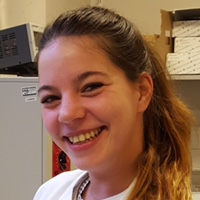
Ana-Elena Nistor
During her undergraduate years, Ana developed an interest for medical science and formulation engineering. She engaged in the extensive self-study of polytherapy, with particular emphasis on tropical medication and the synergetic effects of combining several active substances, with the intention to pursue a career in the field of drug development. Subsequently, she completed an internship at the ionizing radiation hygiene laboratory, which is part of the department of public health, where she spent her time investigating the radiological quality of drinking water. In 2017 she joined the group of Dr Goldberg Oppenheimer and stated working on her current research project, which was focused on characterising the retention of hydrophobic actives from cosmetic emulsions on optimized human skin mimics.
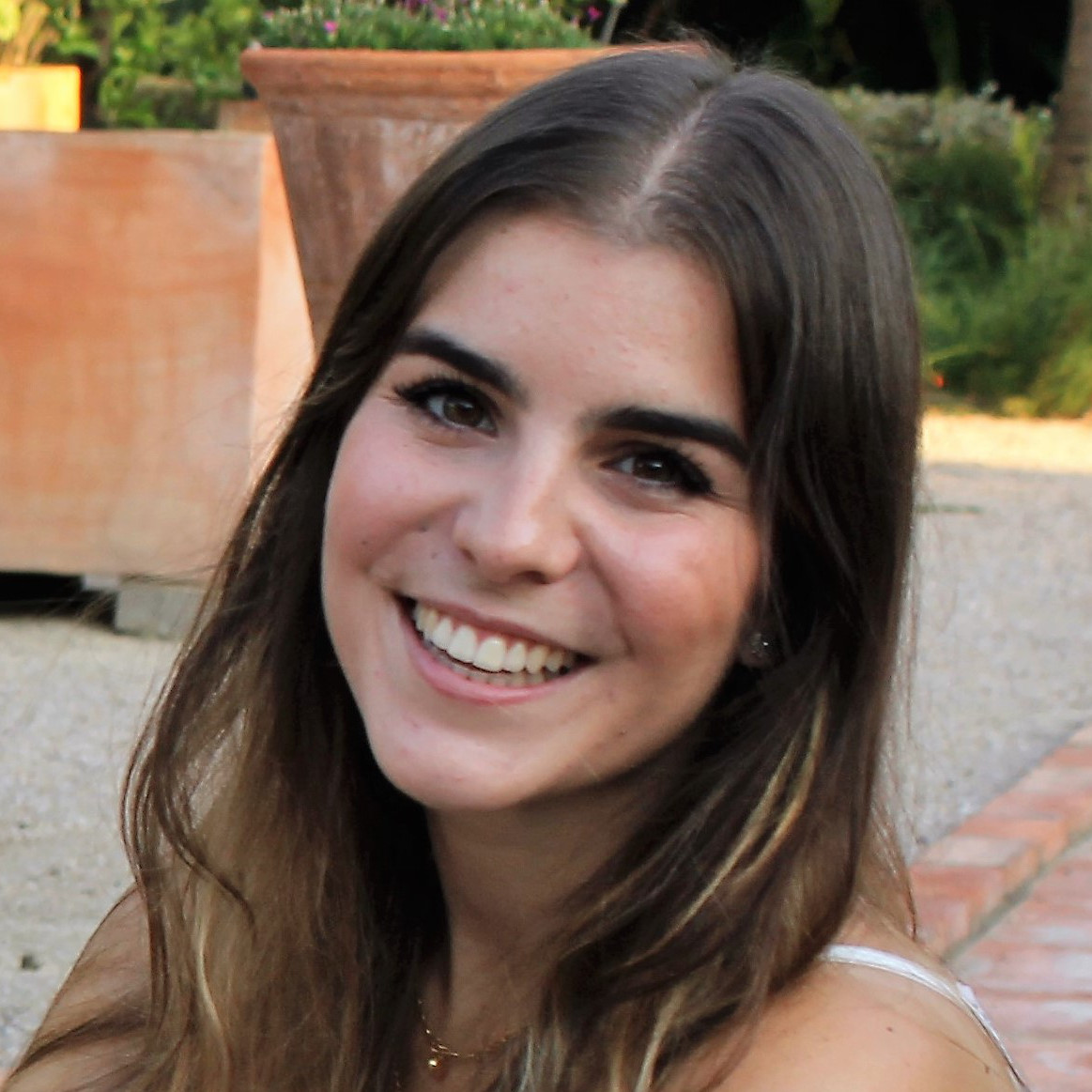
Marina Valero
Marina has recently currently finished her fourth year of the MEng Chemical and Energy Engineering course at the University of Birmingham. As an undergraduate she focused on two major engineering branches: biomedical engineering and food processing engineering. She studied combination therapy with the aim of theoretically developing a potential daily liquid therapy with powder actives ingredients for children in developing countries. Moreover, she completed her third year design project on the industrial production of butter, which sparked her curiosity towards the food processing industry. She also completed a theoretical investigation on tissue engineering regarding the growth of keratinocyte and fibroblast cells within an automated bioreactor to culture engineered human skin. In 2017 she joined the group of Dr Goldberg Oppenheimer at the University of Birmingham as part of her final year research project, which studied the characterisation of retention of hydrophobic actives from cosmetic emulsions on optimised human skin mimics. In the following academic years, she hopes to accomplish a ME in Biosystems & Food Engineering at University College Dublin.

Max Ooi
Max has recently graduated of Meng Chemical engineering at the University of Birmingham. In 2016, Max did a summer placement abroad in Malaysia at the company of ‘Azonic Motion & Engineering’, where he worked as a sales engineer. Along with his studies, he every so often works for the company ‘SearchNeasy’ as a creative & development assistant to develop CRM (Customer Relation Management) and ERP (enterprise resource planning) for small developing business. Having studied chemical Engineering, Max has developed the interest in biochemical engineering where he is hoping to pursue a career in the food processing industry. In 2017, Max has joined the group of Dr Goldberg Oppenheimer as part of his research project. His research project involved synthesising a novel viral nanostructure from M13 for optical and sensing applications.

Cassidy Ooi
Cassidy Ooi has graduated from MEng in Chemcial Engineering in 2018 from the University of Birmingham. Cassidy had completed an internship as a sales engineer for GSG where he lead risk assessments and process hazard review discussions with operators and manufacturing engineers to ensure safe operations. He had also completed a summer internship for Searchneasy where he developed a complete web based ERP (Enterprise resource planning) business management system for start-up business that offers flexible, customable and affordable solutions. He collaborated with skilled software engineers to provide an easy CRM (Customer Relationship Management) system for small developing business that takes care of customer’s management issues. In addition he completed his third year design project on the industrial production of crumpets and teacakes which lead his interest towards the food processing industry. In 2017, he joined the group of Dr Goldberg Oppenheier and started working on his research project which focused on the synthesis of novel viral nano-structures with M13 bacteriophage for sensing and optical applications.
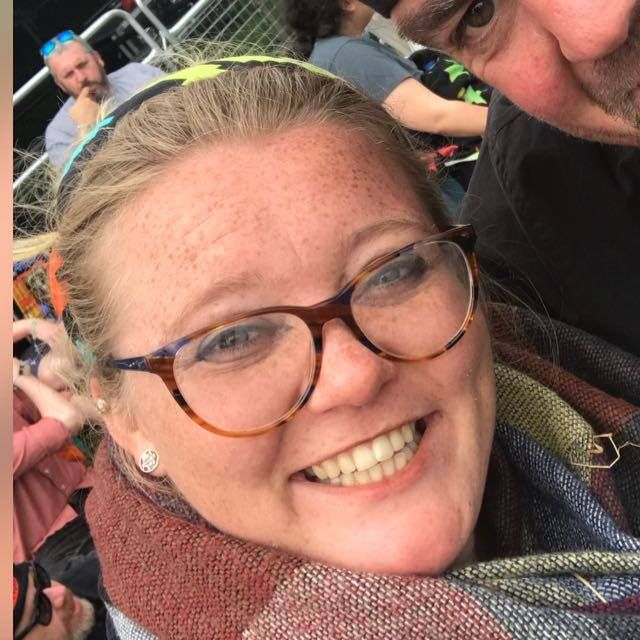
Zoe Schofield
Zoe was a PDRA in Dr Oppenheimer's group between 2018-2019. She worked on a BAE Systems funded project, exploring the development and implementation of synthetic biology routes towards fabrication of novel nanomaterials and nanotechnologies. Zoe is currently undertaking her further postdoc at the University of Warwick.
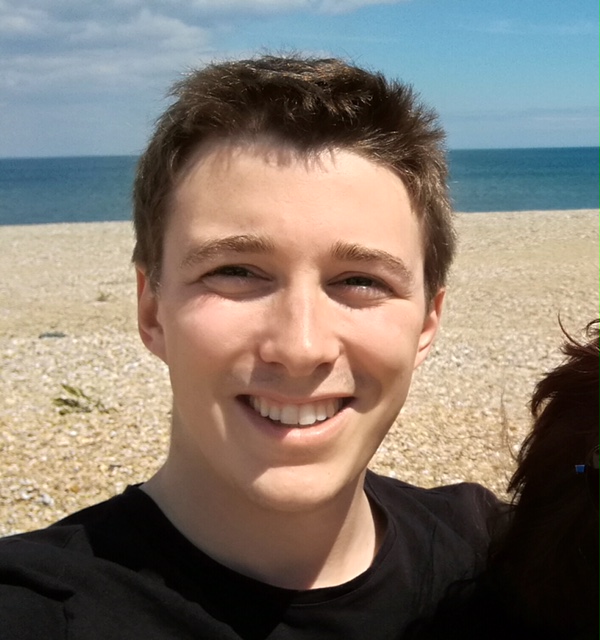
Michael Clancy
Michael graduated from University of Birmingham, in 2012 with a BSc in Physics and Astrophysics. He then went on to join the Physical Sciences of Imaging in the Biomedical Sciences (PSIBS) Doctoral training centre, where he obtain a MSc and PhD. His doctoral research focused on the application and development of near infrared spectroscopy for detecting hypoxia in brain trauma patients. In 2016 he moved to the Medical Physics department at the Queen Elizabeth Hospital, focusing on clinical computing and imaging. He joined the group of Dr Goldberg Oppenheimer in 2018 as a Research Fellow. His interests focussed in bridging the gaps between disciplines, to facilitate the translation of imaging techniques from research into clinical use.

George Gotsis
George's studies in Chemical Engineering took place in the National and Technical University of Athens. There, working as an undergraduate researcher in the polymer technology lab, he completed his diploma thesis in the field of nanocomposites. The thesis was entitled ”Study of the structure and thermo-mechanical properties of polysiloxane nanocomposites”. The knowledge and experience that he has gained during his research, concentrated on the characterization of thermal and mechanical properties of nano-composites. George has also become familiarized with the operating principles and the organology of many basic and very important methods of constructing and characterizing composite nanomaterials including, XRD, SEM, TGA, DSC, hardness and resistance testing etc. In 2019 George has completed his PhD thesis at the ANMSA group under the supervision of Dr Oppeneheimer in the fields of noanomaterials and nanostrcutures and developing new skin biomimics for improved retention.
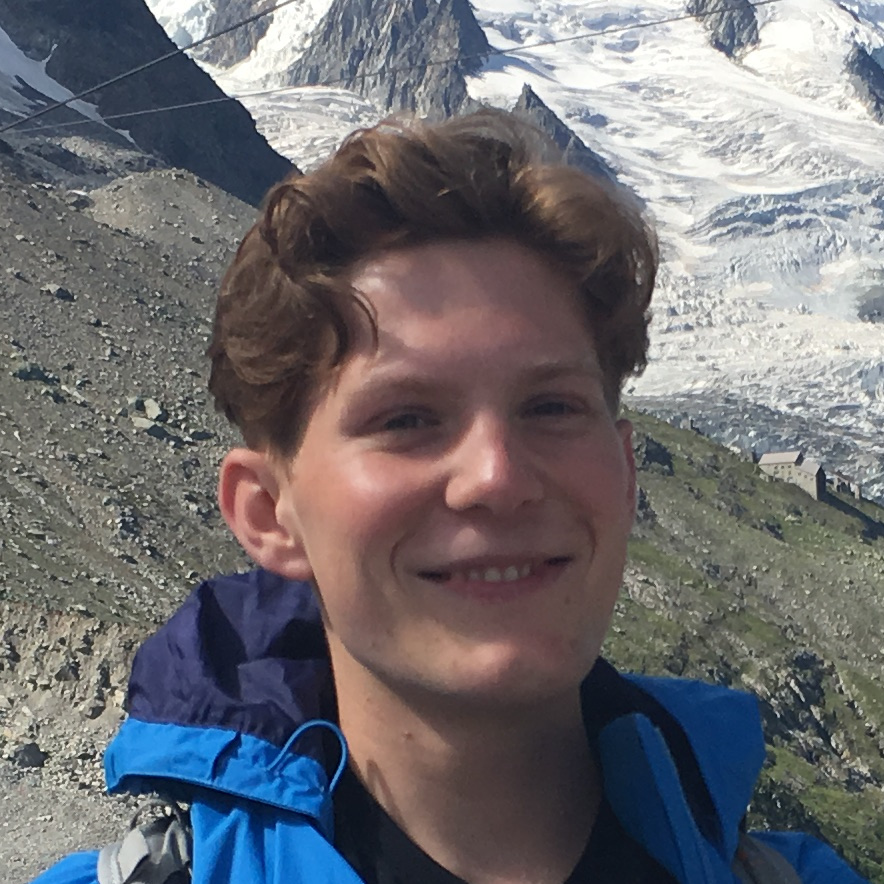
Max Mowbray
Max spent time at ANMSA group during his third year of study of Chemical Engineering (MEng). He was keen to explore the Biomedical applications of the course, with particular interest in the field of Neuroscience and Neurorehabilitation. This stems from work experience gained in a Neurosurgery department during the year prior to starting his Undergraduate degree, where he was fortunate to interact with patients and observe a number of operations. He has completed his Masters degree at ANMSA and started his PhD at Manchetser.
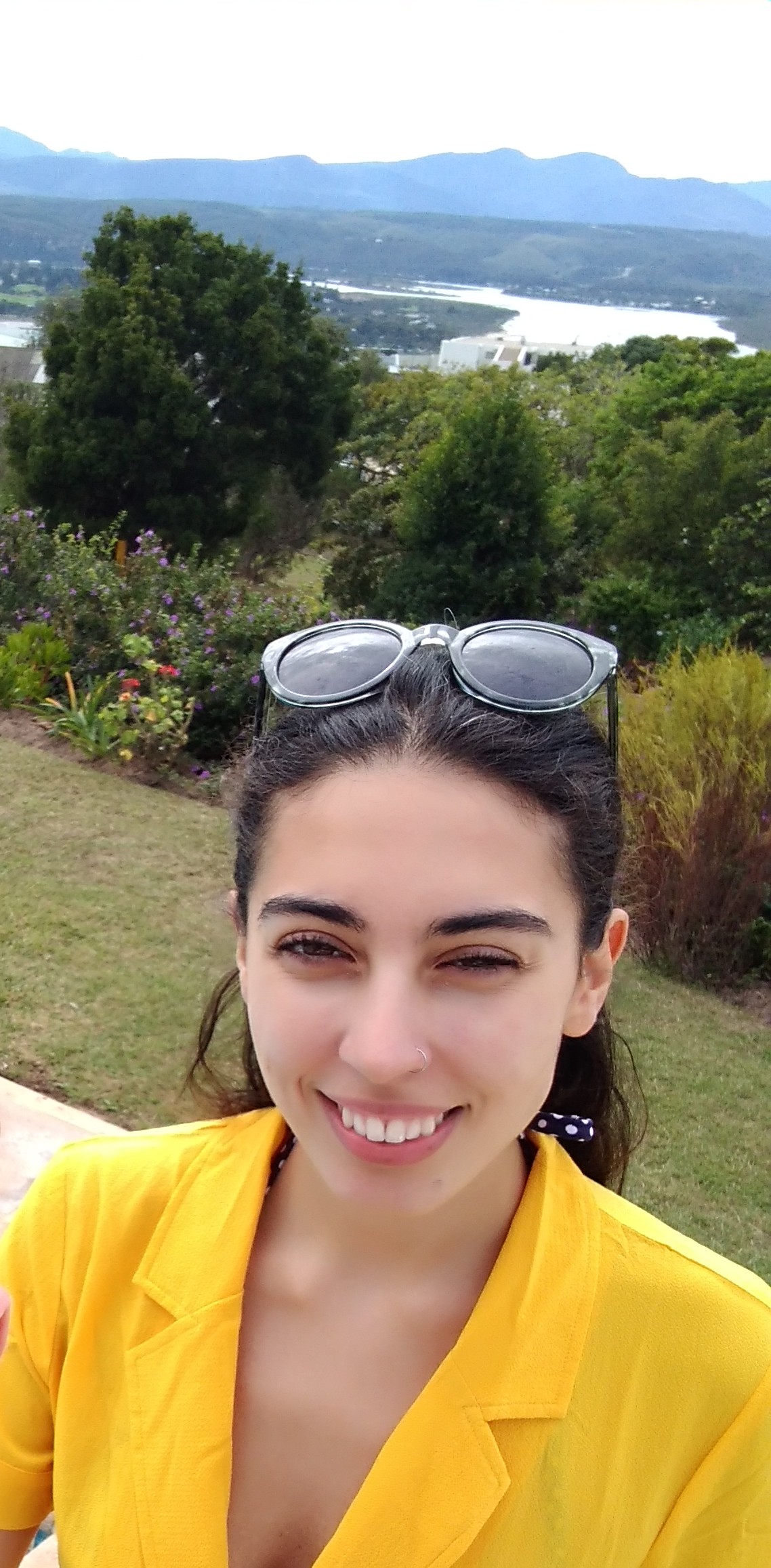
Jasmin Sarwar
Jasmine Sarwar started her academic career in 2012, graduating with a BSc in Physics from the University of Salford in 2015. From there, she worked as an LED analyst at a cadmium free quantum dot development company designing and testing novel lighting systems until early 2017. In 2017, she undertook a new role as a medical imaging analyst working within clinical trials to quantitatively analyse MRI and CT images whilst also developing new methods of analysis and new protocols. She then gained a Prince2 practitioners qualification in early 2018 where she took on the lead project management role of the imaging analysis in a large clinical trial. In October 2018, she then joined the University of Birmingham’s Physical sciences for health PhD programme which lead to a mini project with the group of Dr Goldberg Oppenheimer working on a project titled ‘Towards Targeted Detection and Analysis of Matrix Vesicles (MVS) as Biomarkers of Ageing and Disease’.

Guy Perkins
Guy graduated from the University of Birmingham, in 2018 with a Bachelors in Physics. Over the summer of 2018, he completed an internship at University College London, where he segmented kidneys from MRI data, which were then 3D printed using a novel gel-wax composite. These 3D printed phantoms were then used for photoacoustic imaging. He then started the Physical Sciences for Health integrated MSc/PhD programme in September that year, completing his first of two mini projects in the field of fNIRS (functional near infrared spectroscopy) for imaging mTBI (mild traumatic brain injury). His second mini project, 'Intracranial monitoring of severe traumatic brain injury via Raman Spectroscopy' seen him working in the ANMSA group, using a commercial Renishaw Raman Spectroscopy device, to investigate lipids seen in sTBI (severe traumatic brain injury), as well as the development of a portable probe capable of performing raman spectroscopy.
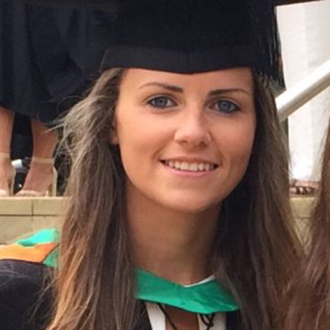
Rachael Cullinan
Rachael studied her undergraduate Chemistry Bsc at Nottingham Trent University, where she completed a number of placements focusing around the application of nanoparticles as drug delivery vectors. During 2013 she was awarded a Royal Society of Chemistry undergraduate research award for my research into ‘The effects of bio-conjugating nanoparticles with antibiotics to increase anti-bacterial activity’. Following my undergraduate degree, she chose to pursue a PhD in Chemical Engineering at the University of Birmingham within Dr Pola Oppenheimer’s research group to ‘Develop novel nano-metamaterials using synthetic biological building blocks’ utilizing techniques such as nano-lithography, AFM and TEM. Rachael has completed her PhD in 2020 and is currently undetaking a Medical Degree Course at the University of Glasgow.
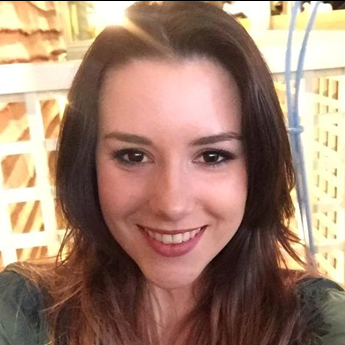
Emma McCarthy
Emma started her academic career in 2012, graduating from the University of Warwick in 2015 with a BSc in Physics. Here, she focused on the use of Solid State NMR to look at the interactions of oxygen within catalytic processes. She has also completed a placement at Imanova, where she evaluated a new magnetic resonance technique for the use of locating lesions within the spinal cord on multiple sclerosis patients. In 2015 she began working within the EPSRC Physical Sciences for Health Centre, and through this joined the group of Dr Goldberg Oppenheimer at the University of Birmingham. In 2020, Emma has completeted her PhD at ANMSA group and she is currently working at Teledyne Princeton Instruments.
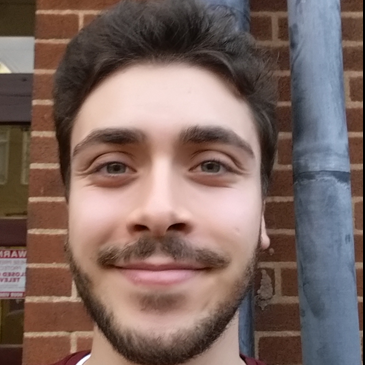
Paolo Passaretti
Paolo started his academic career in 2008 at the Second University of Naples, where he graduated in Biotechnology in 2012. In the same year he enrolled for the two years Master Degree in Molecular and Cellular Biotechnology at the University of L’Aquila. There he spent one year working on his thesis in a laboratory of Molecular Biology where he focused on the development and characterization of a new 3D Graphene-based self-assembled composite material and also showing its reactivity towards some types of metals. In 2016 he joined the group of Dr Pola Goldberg Oppenheimer at the university of Birmingham as a PhD student in Chemical Engineering working on the development of novel nano-metamaterials from a range of viral building blocks. in 2020, Paolo has completed his PhD course and he is now a postdoctoral research associate in Cancer and Genomic Sciences at UoB.
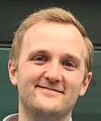
Adam McGuinness
Adam graduated from Aston University in 2010 with a BSc in Biomedical Science. He worked for 3 years as a Knowledge Transfer Associate with Aston and Thea Pharmaceuticals, followed by 3 years at University of Birmingham as a research technician in the field of lung disease and immunology. Adam was part of the Physical Sciences for Health (Sci Phy) Doctoral training centre, where he has obtained an MSc with Distinction and completed his PhD. His research has focused on the potential use of extracellular vesicles in the regeneration of bone, working with Professor Oppenheimer, Grover and Jones laboratories at the University of Birmingham and the Davies laboratory at Loughborough University.
